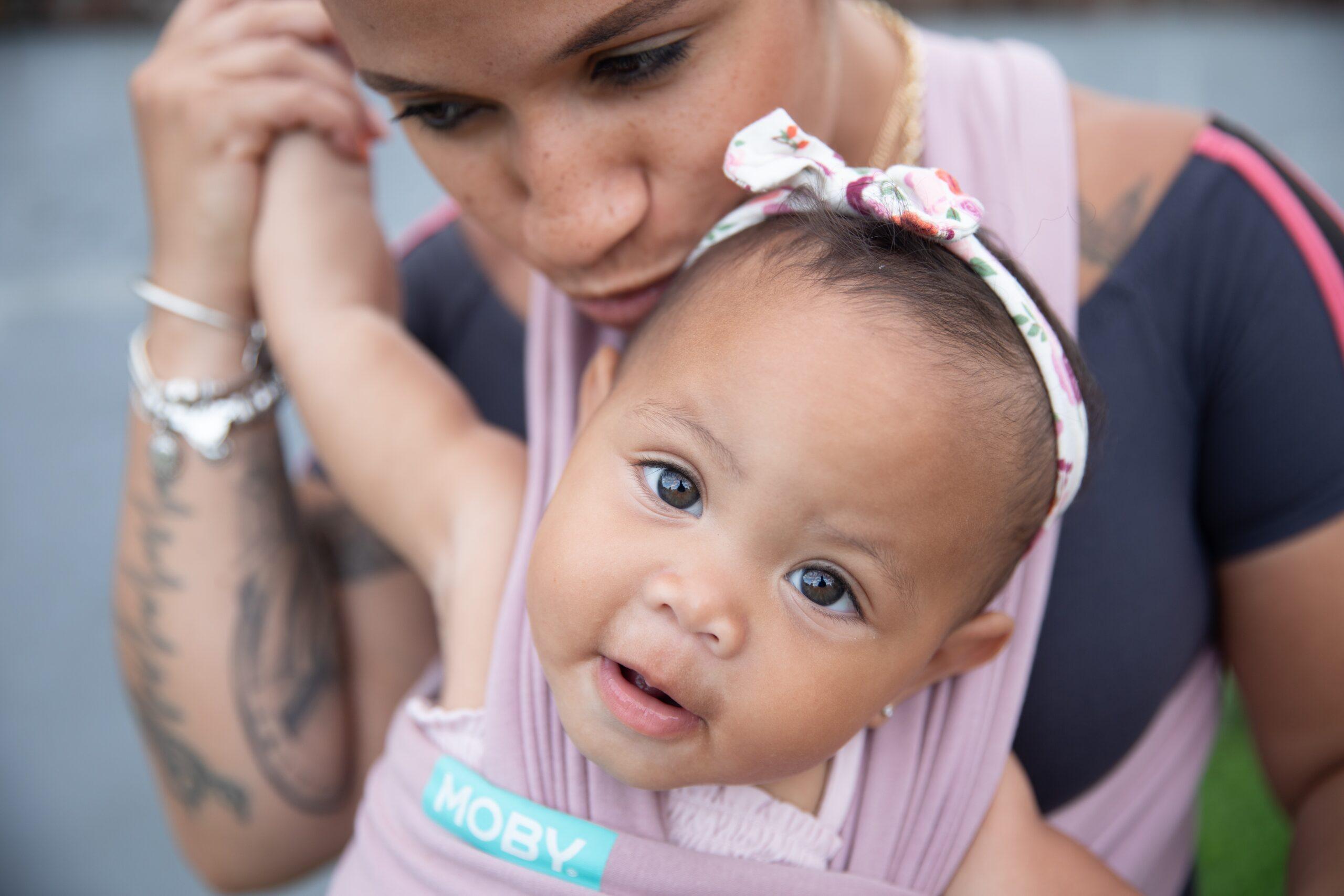As parents, we all want our children to avoid heartache and disappointments. Our basic instinct is to try and protect our kids from frustrations and solve their problems. But it’s also crucial to look further down the road. After all, our kids aren’t going to live with us forever, and we can’t always be there to pick up the pieces. Besides, always doing everything for our kids (a trend I call “over-parenting”) doesn’t do them any favors.
Think about it: If you really want your child to become self-sufficient and someday thrive without you, your role must be of a guider; not a doer. This simple twist teaches our children that you expect them to be resourceful by solving their own problems— whatever they may be— and that you believe they are capable of doing so. It’s the best way to prepare our kids to face life on their own and help them learn to handle whatever trouble comes their way. Here are a few tips to help you step back from over-parenting:
Do some honest self-reflecting.
Start by thinking about how you usually act whenever your child seems frustrated, seeks your help or isn’t doing a task to your standards. Here are the six most common over-parenting responses. Do any describe you?
- Enabler: “I know how hard that is. Let me help.”
- Rescuer: “Don’t worry. I’ll tell your teacher I lost your library book.”
- Protector: “I’ll call Brian’s Mom and tell her how sorry you are.”
- Guilt-ridden: “I’ve been gone so much this week— I’ll do your chores for you.”
- Competitive: “Ryan’s report is going to be really good. Let’s add more pictures.”
- Perfectionist: “I’ll redo your science project. Those letters you did don’t look right.”
Is there a current over-parenting response you’re doing that might be robbing your child of the chance to figure things out for himself? If so, it’s time to change your ways.
Identify what your child can do alone and then back off.
What tasks might your child be capable of doing without relying on you? Maybe it’s time for him to learn to make his own lunch, do laundry, make his bed, call to make his dentist appointments. Of course, this will depend on your child’s age, maturation and current capabilities. The goal here isn’t to overwhelm him by piling on new expectations, but to gradually introduce one new task at a time.
Stop rescuing.
Have you found yourself rescuing your kids a lot lately? “My son is so tired, I’ll do his homework tonight.” “My daughter is too busy, I’ll do her chores this time.” It’s an easy habit to get into, but if you want to raise a resilient kid, these are major parenting no-nos. So start by setting this rule: “We have a new house policy; No more excuses. You need to take responsibility.” Then abide by your rule. Simply stop rescuing. It’s one of the simplest ways to influence your child’s future.
Boost organizational skills.
Is your child misplacing library books? Can’t find his sports gear? Losing teacher notes? Chances are your child’s lack of organization is a big reason why you over-parent. Your child needs to learn organizational skills so he relies less on you as time goes by.
So when there’s another oversight, ask instead: “What will help you remember?” For instance, if your child forgets to return his library book every Wednesday, he might hang a calendar listing the due date (as well as those music lessons, field trips, sharing days, tests). Little ones can draw “picture” reminders.
Teach brainstorming.
The next time your child has a problem, don’t be so quick to offer a remedy. Instead, teach him to play the Solution Game by brainstorming options. “Don’t worry how silly your idea sounds. Just say it, because it may help you think of solutions.” With enough practice, your child will be able to use brainstorming to solve many troubling issues that creep up during the day without your help.
Teach how to negotiate.
Do your children constantly expect you to be the negotiator and solve their battles? Wrong move if you want them to be able to solve their own battles. Your new tactic: Teach your kids how to negotiate so when the next war breaks out, you can tell your darling cherubs to work it out on their own. For instance, offer them a few old but good ‘deal breakers’ such as Rock, Paper, Scissors, drawing straws, flipping a coin or the rule: “Who went first last time, goes last this time.”
Oven timers are great for reducing squabbles. Just show your kids how to set it, and it can be a great sanity saver. “I set the timer for five minutes, but when it goes off, it’s my turn.” Also start practicing negotiation rules as a family: “We take turns listening without interrupting, and no put-downs.” The rules will help your child learn great life skills, and you may also discover more peace on the home front.
Give permission to make errors.
Kids need to recognize that mistakes are part of life and can be positive learning experiences. Make it understood that mistakes are okay in your household, and then teach your child a statement to say to himself to help bounce back from defeat: “It doesn’t have to be perfect.” “It’s okay to make a mistake.” Also, model how you cope with defeat for your child so he knows you really do walk your talk.
The truth of the matter is we need to prepare our kids now to someday cope on their own. After all, they’re not going to live with us forever, and we can’t always be there to pick up the pieces. We also can’t expect our children to become self-reliant and resourceful unless we nurture those traits in them. That’s also why over-parenting isn’t helpful.
Remember, the simple ways we respond to our children’s daily problems are what will help them best to someday survive and thrive without us. And that should be the real barometer of effective parenting.


